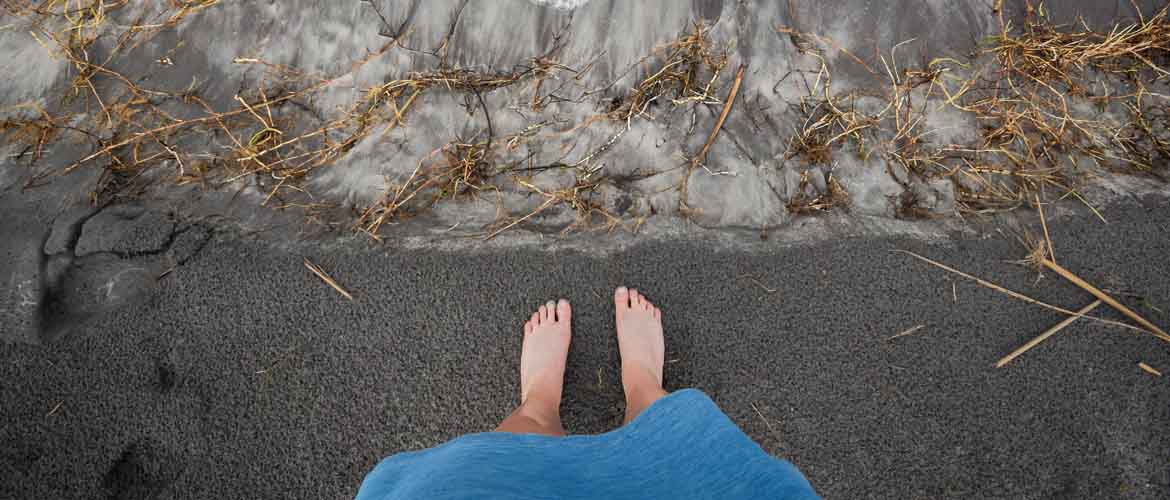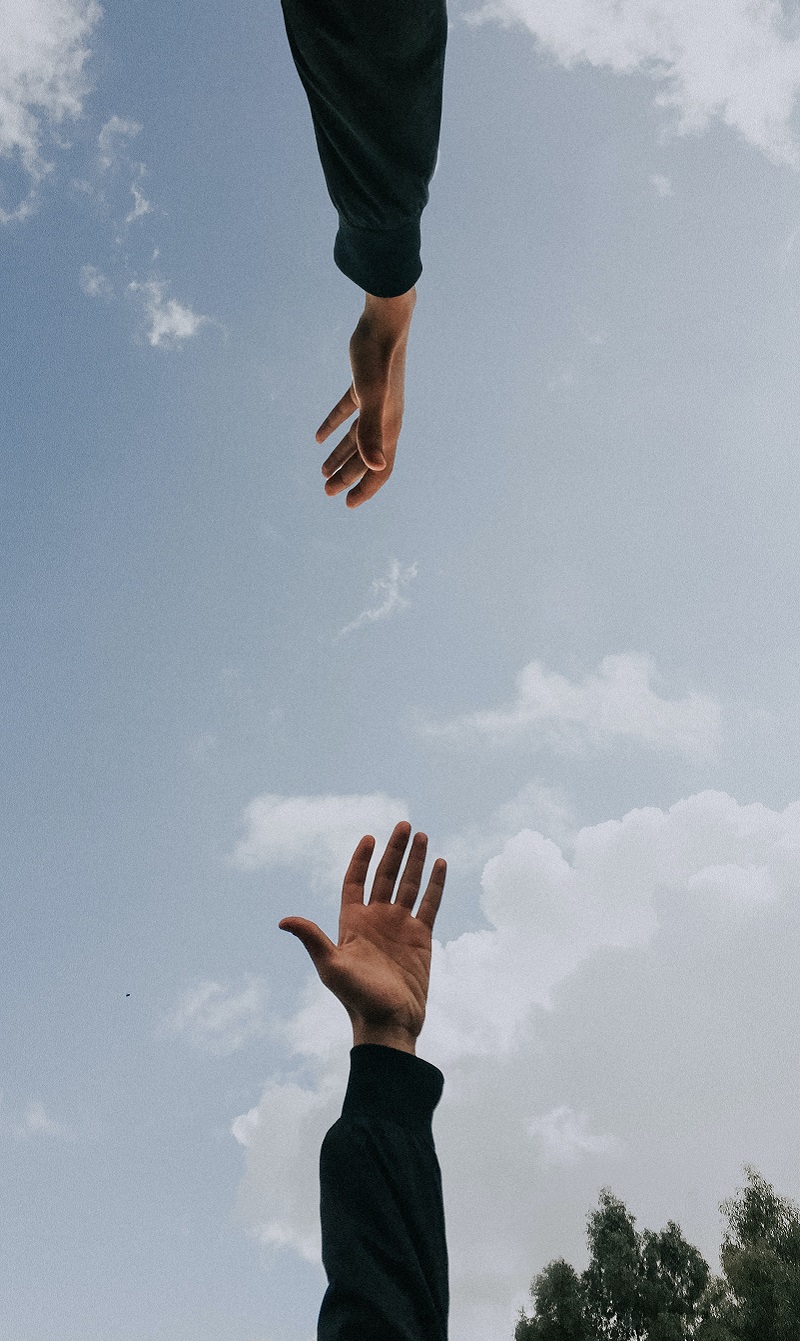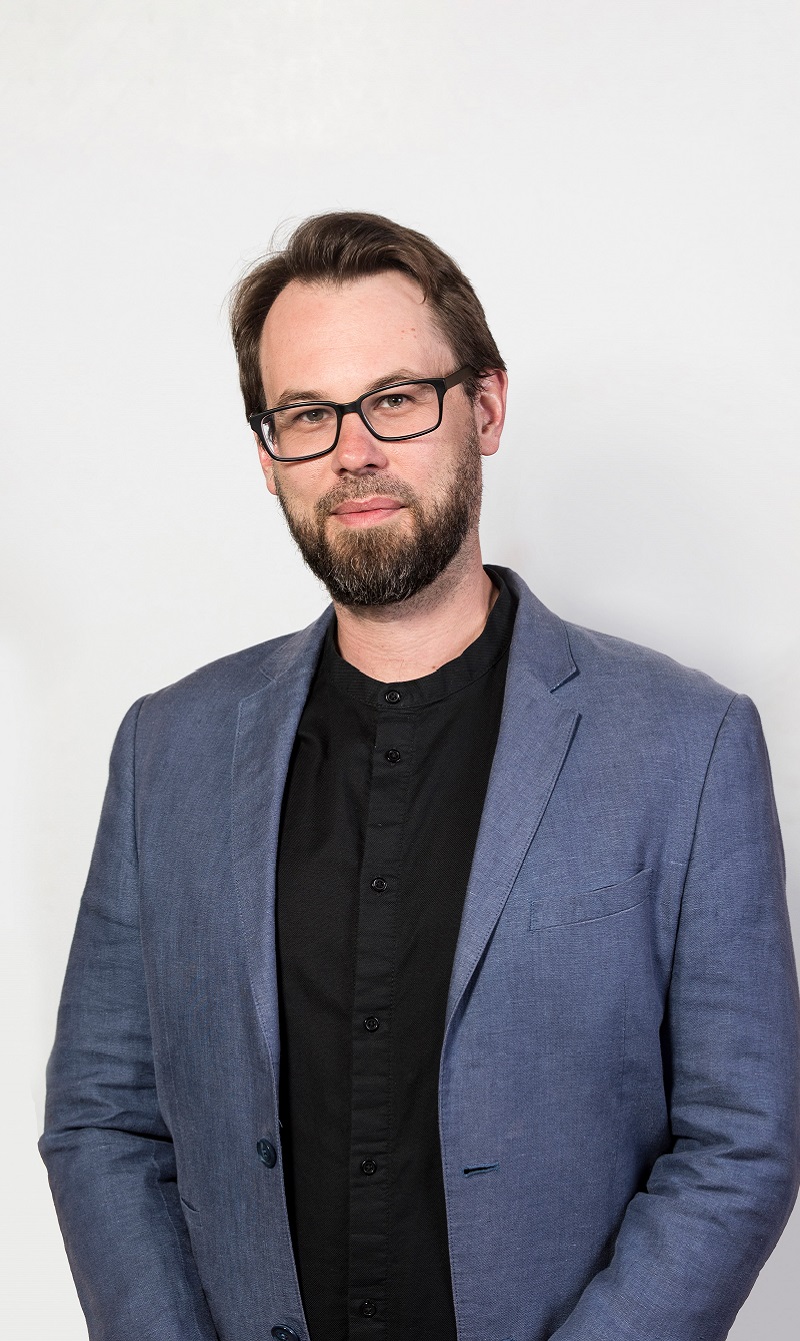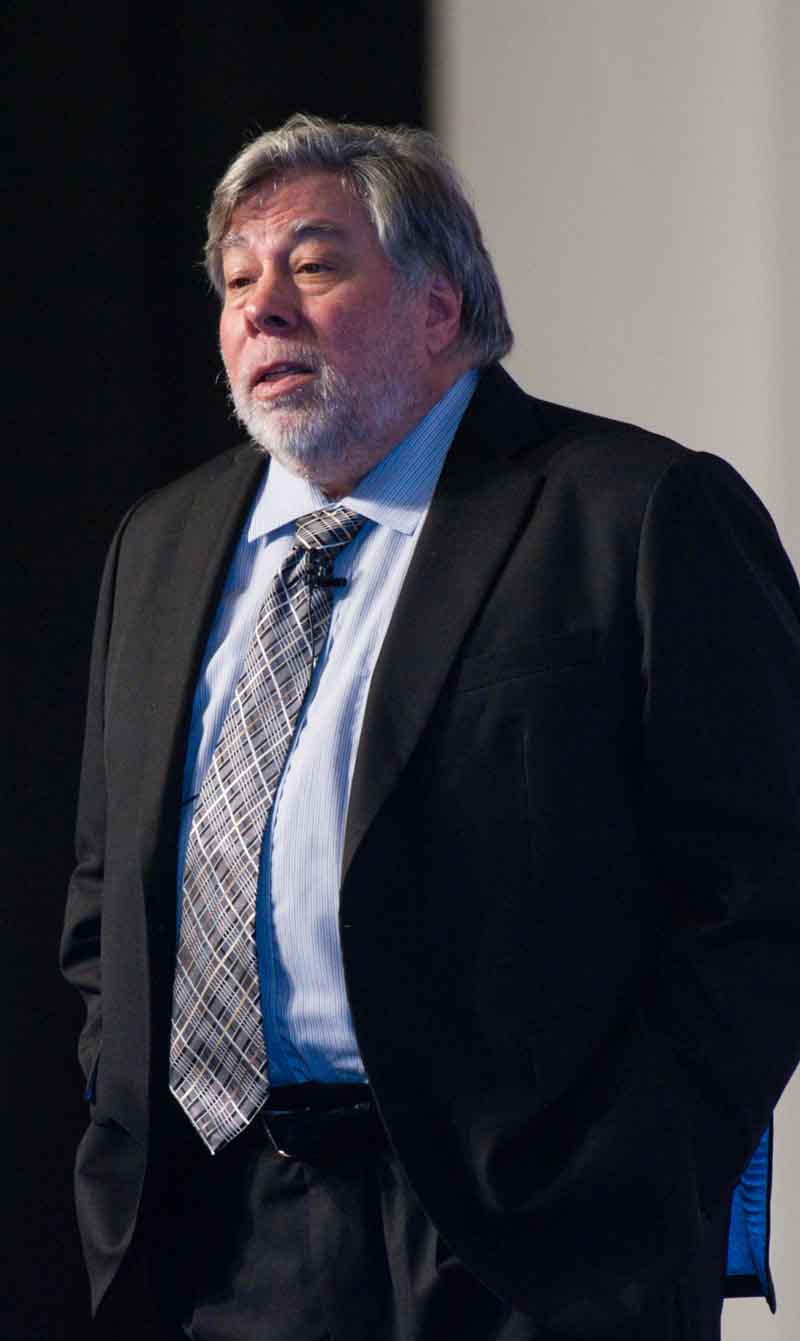What the Sea Brings
An Indonesian startup is transforming seaweed into edible packaging that can replace plastic. Their products haven’t only been proven to adhere to food safety but, impressively, they also dissolve in hot water without any chemicals. This article was first published in the second issue of WIEF In Focus magazine.
With every turn of the tide brings gratitude to seaweed farmers in Sulawesi. The Indonesian island that’s mainly made out of four peninsulas sets great store by seaweed farming. Indeed, they should, because seaweed farming is an important economic revenue for them and a rapidly growing one in Indonesia, at that. It’s worth noting that, currently, Indonesia supplies over 35 per cent of the world’s seaweed.
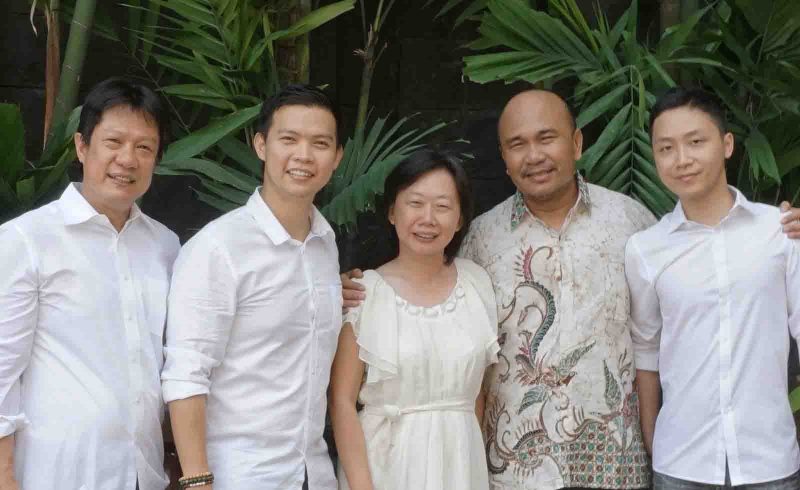
Therefore, the question here is, how this recurring gift of nature can contribute to a sustainable ecosystem that conserves and empowers? The solution, very possibly, lies in the capable hands of Evoware.
Evoware has a really good answer to that question since middle of 2015. Although, to be fastidious and accurate, their research on edible seaweed packaging which led them to the inception of Evoware began five years before the company began. It was based on a research by Noryawati Mulyono, who’s not only one of five co-founders of Evoware but also its chief of research and development as well as innovation.
‘Noryawati decided to choose biomaterial as her research focus,’ explained David Christian, another Evoware co-founder and chief of its marketing and impact. ‘She won L’oréal-UNESCO for Women in Science, for material science, specifically on bioplastic development from dammar. With the grant, she designed a small machine for bioplastic and built a mini lab at home. She used her family savings to buy seaweed to complement the dammar.’ Persistence on her research had won Noryawati the support of the Indonesian government and she patented her innovations a few years before they started work at Evoware.
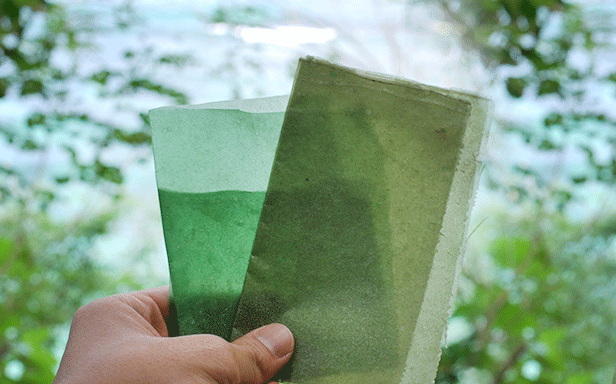
Weeding Out the Facts
A relatively small startup, Evoware is set to make a rather large impact environmentally. Initially founded by David Christian and Edwin Aldrin Tan, it aims to reduce plastic waste through innovative and best solutions to packaging.
Its first product is the Ello Jello edible cup made out of seaweed that replaces single use plastic cups and its development kick-started the company during the middle of 2015. Ello Jello edible cup hit the market in 2016 and today, they’ve added new seaweed-based packaging products.
‘It took six years to create the perfect bioplastic but even now, we’re still developing and bettering our products to ensure the best experience for users,’ David explains. ‘The challenges stand in making their innovation applicable to people’s needs and in educating the people about the danger of plastic waste on the environment, human and animal.’
Admittedly, packaging made out of seaweed costs more to produce that one out of plastic. ‘But with growing interest the company hopes production costs will go down,’ David hopes. Besides, Evoware is very possibly the only one in the world right now producing seaweed-based packaging and whose patent have been granted internationally.
Although Evoware’s team of 10 is based out of Jakarta, they currently buy seaweed from Sulawesi. ‘But during our research phase, we’ve thoroughly screened the seaweed from many seaweed centres in Indonesia such as Lampung, Thousand island, Bali, Nusa Penida, Tual, East Nusa Tenggara, Sabu and Waingapu,’ David recalls. ‘We haven’t measured exactly our impact on the livelihood of Indonesian seaweed farmers but since we’re working with the seaweed farmers’ cooperation, we’ve come to know the farmers’ financial condition as well as debt rate and we already made a target on increasing income rate for them.’
A Fundamental Ingredient
There’s no question on just how vital technology is in birthing their products. ‘It’s what made it possible to have bioplastic right now,’ David says. ‘Also, technology or specifically biotechnology plays an important role in enabling us to provide bioplastic on a large scale. What’s more, technology helps us produce our products with minimum carbon footprint.’
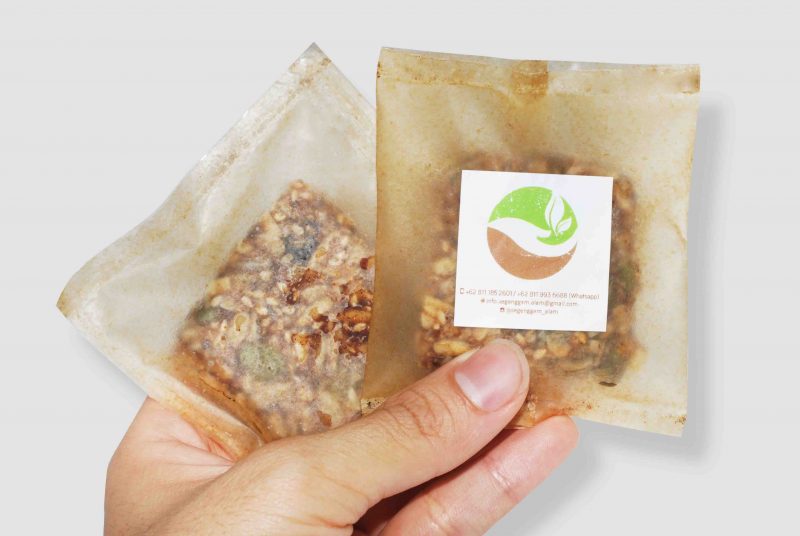
From seaweed to product, there are four main stages and it starts with the preparation of raw materials before production of packaging and cutting of packaging as well as sachet forming begin, followed by, storage and packing of packaging. ‘We use sustainable production process and combine with well-planned waste water treatment system to achieve Good Manufacturing Practice (GMP) standard and food safety. We use no chemical in our packaging production. They’re made entirely from seaweed,’ David explains.
To maintain the consistency of product quality, they already have several quality analysis tools for raw materials, semi-finished products and finished products. ‘This include analysis [of] impurity content in seaweed and packaging thickness. We’ve also collaborated with an accredited laboratory to perform testing of mechanical properties of the packaging,’ he adds.
Last Words
To date, even though Evoware doesn’t currently have technology that can be transferred directly to the farmers, they’ll inevitably be increasing farmers’ livelihood by going on a larger scale of production. ‘It’ll fulfil global demand of seaweed-based packaging this year (2018). We’ll also launch more seaweed-based innovations such as water-resistant packaging, drinking straws and even rigid bioplastic. We’ll keep innovating other sustainable packaging,’ David concludes.
___________________
For more on the latest topics related to business, technology, finance and more, read our digital versions of In Focus magazine, issue 1,issue 2 and issue 3.
